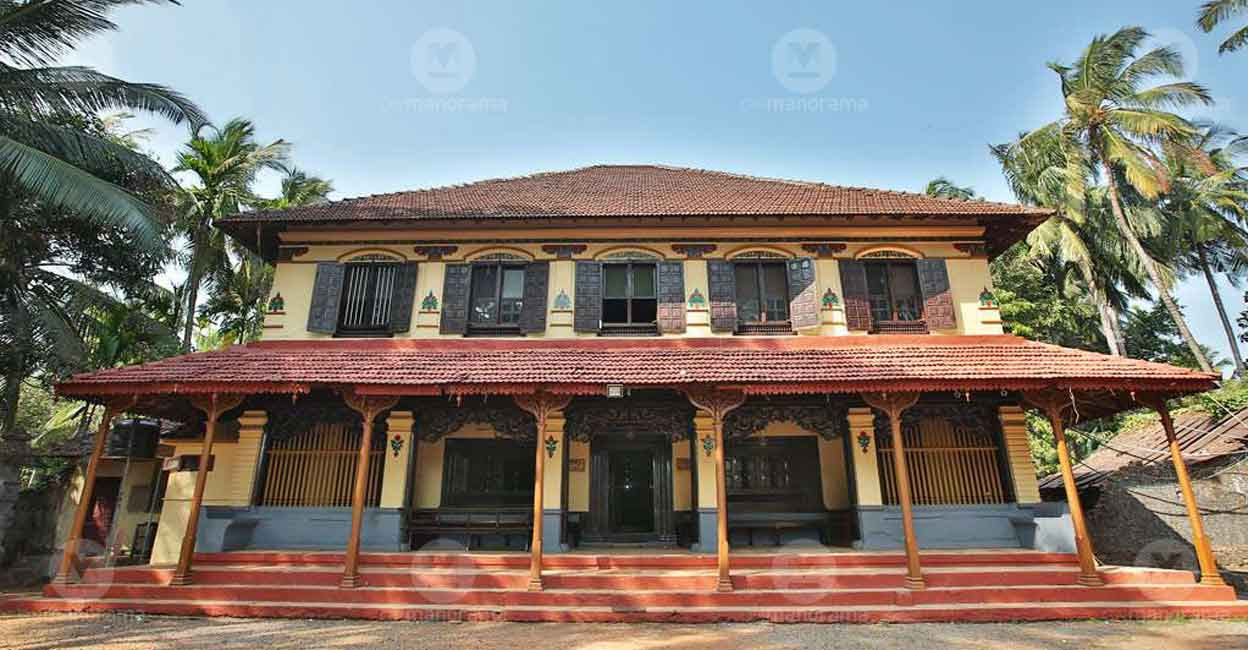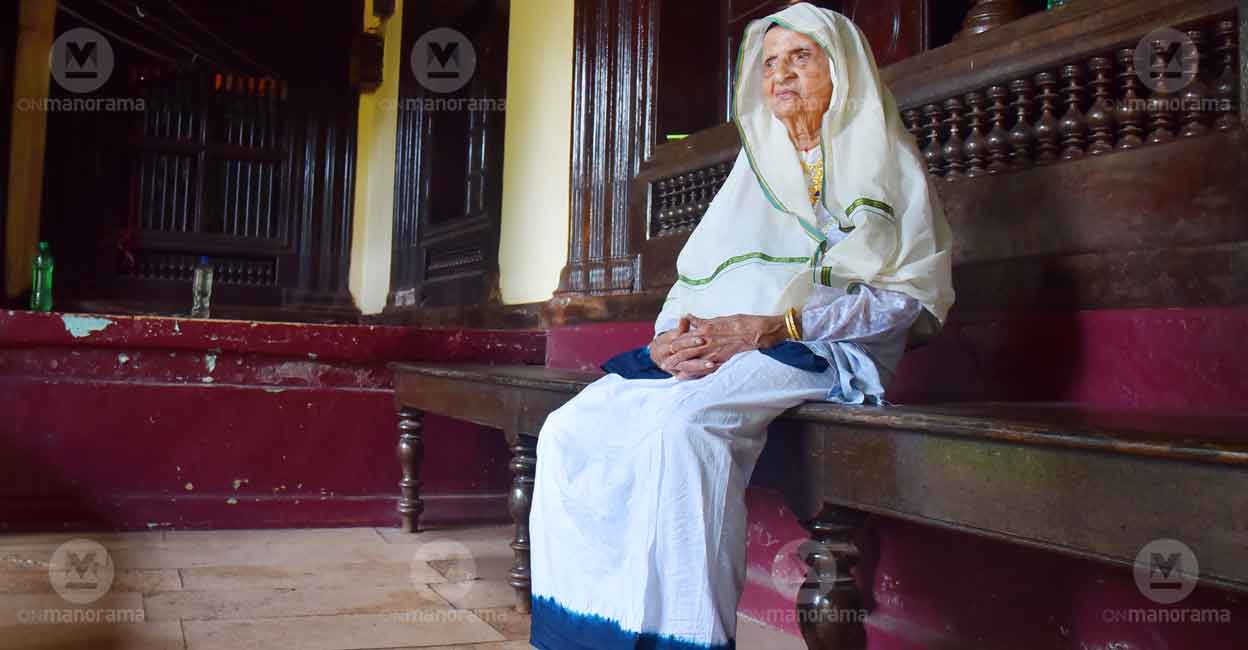Column | Why Malayalis need to record oral histories

Mail This Article
Earlier this year while spending a splendid summer in northern Kerala, this writer was privileged to become one of the last outsiders to meet the extraordinary Maliyekkal Mariyumma, the matriarch of the Maliyekkal Tharavadu. The freedom fighter and social worker who was the first Muslim woman in northern Kerala to formally learn English, was not in the best of health at that time. During the brief meeting in May, Mariyumma spoke with great pride (in her perfect diction) about how she took part in the Quit India movement. She would pass away a few months later, aged 97. The matriarch of the big Thalassery family publicly spoke for years about the past and shared her memories on several occasions. A lot of her talks were video recorded, leaving those interested in Malabar and Kerala history with a wealth of information.
How many of us with roots in Kerala are fortunate enough to know our own family history beyond two generations? With the landscape of Kerala changing rapidly old houses are being demolished and being replaced with more modern villas and high rises, while road expansion projects are altering the face of villages. With each passing day, Kerala is also losing people who have witnessed great moments in history such as the independence of India.
Those who were teenagers at the time of Indian independence would have also heard stories about the disturbances in southern Malabar in 1921. This is a difficult part of our shared history that needs to be fully understood so that rogue filmmakers and mischievous elements in other parts of India don’t distort what happened then and create communal mistrust.
Kozhikode-based publisher Auswaf Ahsan, who is a dentist by training, has published a wonderful set of books on 1921 through his publishing house Other Books. However, we need more than books. Taking cue from what some people have done in northern India with regard to the Partition of India, such as the brilliant 1947 Partition Archive, which has recorded over 10,000 witness oral histories mostly through crowdsourcing, a similar initiative is needed from Kerala and the global Malayali diaspora.

Pleasant and painful memories
The past is something that many in India look back at with a great degree of nostalgia. Besides the horrific events of 1921, the areas that make up Kerala today have been a haven of religious harmony. The very essence of Malayali culture lies in the embracing of all religions, but not everyone can look back at the past with happiness. The dominant castes of all religions in the state would feel more nostalgia for the good old days than those who were oppressed. It’s not hard to hear a conversation about how much more peaceful major temples were at one time. The underlying implication here is that these places were happy social and spiritual domains of the upper castes.
Kerala has moved ahead from the days when Swami Vivekananda called it a mental asylum but the inter-generational trauma of those affected by the caste system has not fully healed. We need more stories and eyewitness accounts of how the oppressed classes saw life a few generations ago.

Then there are memories that evoke shame. Members of older generations talk about how those belonging to the most oppressed castes were not allowed beyond a particular barrier in an upper caste household. It’s hard to describe the emotions that get evoked when hearing the story of how people from the Nayadi community would announce their arrival outside a Nair home and how food or money would be placed outside the compound wall by a servant.
As is the case with 1921, unless there is a proper understanding of how bad the caste structure was, we can never fully move on.
A memory project would also help preserve more pleasant remembrances of eateries that no longer exist, cinema halls that were packed to capacity, of bus and bullock cart rides to school and the people who once lived in towns and villages. Memories of fragrances of powders, soaps, perfumes, oils and flowers, of the taste of food prepared in a different way than it is now…The memories of ordinary folks deserve to be preserved as well as those of towering giants who influenced history. As we see in the world now, a people that forget history are bound to make the same mistakes again and again.
.jpg)


